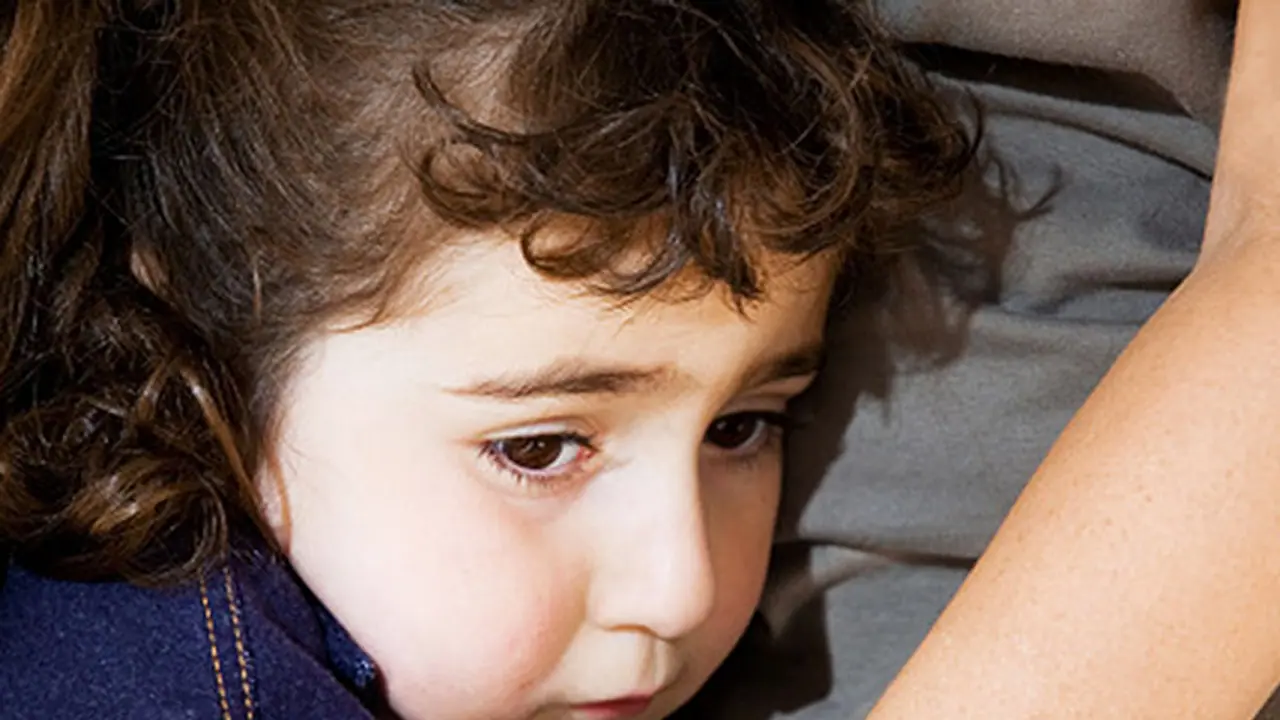Fear may stop your child from addressing issues such as sexual abuse. But as parents, it’s your duty to identify them Do not dismiss these signs as mood swings or random behaviour, there may be more to that. As parents, if you have the tiniest of concerns with your child’s school, play or home environment, do not ignore them
In April, Kollam in Kerala seemed to be crawling with tragic cases of child sexual abuse. In three weeks alone, the city registered close to 43 cases of sexual abuse against children, out of which four were boys. In March, a Kendriya Vidyalaya school principal in Bengaluru was under investigation over alleged sexual abuse charges. He had been sending his female students lewd messages via WhatsApp.

In these times, not even a baby is safe from sexual predators like these. Many a times, it happens that children who are undergoing such stressful situations are unable to convey their trauma.
Take for example this case of a mother who went to the doctor complaining that her six-year-old daughter had recently begun to act very moody and weird for the past month or so. The girl, who was usually charming and had a cheerful smile for everyone, had off late started to cry every time she was scolded or stayed in her room for long periods of time.
Now she had begun complaining of not wanting to go school, her appetite had dropped drastically and she even insisted on sleeping with her mother and on some occasions had even wetted her bed. On hearing raised voices, her daughter had begun muttering and sometimes even talking to herself.
The doctor immediately called the child in for counselling where the little girl revealed that she was being abused by a teacher in her school for the past one month. The man had threatened to beat her and tell all her friends about the shameful incident. He also told her she was a bad and naughty child and even her parents will be angry and scold her.
The abuse had been going on for a month and the girl fearing her parents and friends kept mum - fighting with the turmoil within. The mother failed to notice it because there was no exterior evidence. Many parents tend to dismiss changes in their children's behaviour as one-off occurrences or put it down to as part of growing up. Often there is more to it than what meets the eye.
No scars, no hurt, does not mean no abuse.
Parents should make sure that they neglect or overlook such changes in their children. Nowadays, even the home is not a safe place with cases of child sexual abuse taking place even in places of worship, schools, houses, public transport and more.

Signs of child sexual abuse that parents should not ignore
1.The child becomes angry, weepy, aggressive and scared in quick intervals
2 Young children way past their bed wetting age begin to do so again and try and hide it
3.The child may start lying at the tiniest of reasons or saying things way too big for his/her. Creating imaginary friends to pin the blame
4.The child may become reserved, withdrawn and unable to concentrate in daily activities or school
5. The child may show signs of a low appetite, not eating their favourite food, complain of pain in the stomach, urinary tract infection, headaches or display a general lack of will to be active
6. The child could develop sleeping problems, insist on sleeping with a parent or with a light on in their room
7.The child is not able to express their emotions carefully like laughing at the sight of blood or death or violence. Refusing to speak when spoken to. Some of the worrying signs are children complaining of body or genital area rashes or injuries
8. The child displays extreme shyness from strangers or a known relative or person or flinches at sudden movements
9. Start playing with private parts in a sexualised manner, or exhibit knowledge about sexual behaviour you have not talked to them about
10. Doesn’t want to change clothes in front of others or you. Prefers to wear layers of clothing and remain completely covered at all times.
11 The child may develop a stammer, a lisp or some speech-related problem that wasn’t there earlier
12. The child could indulge in self-harm or enjoy violence
